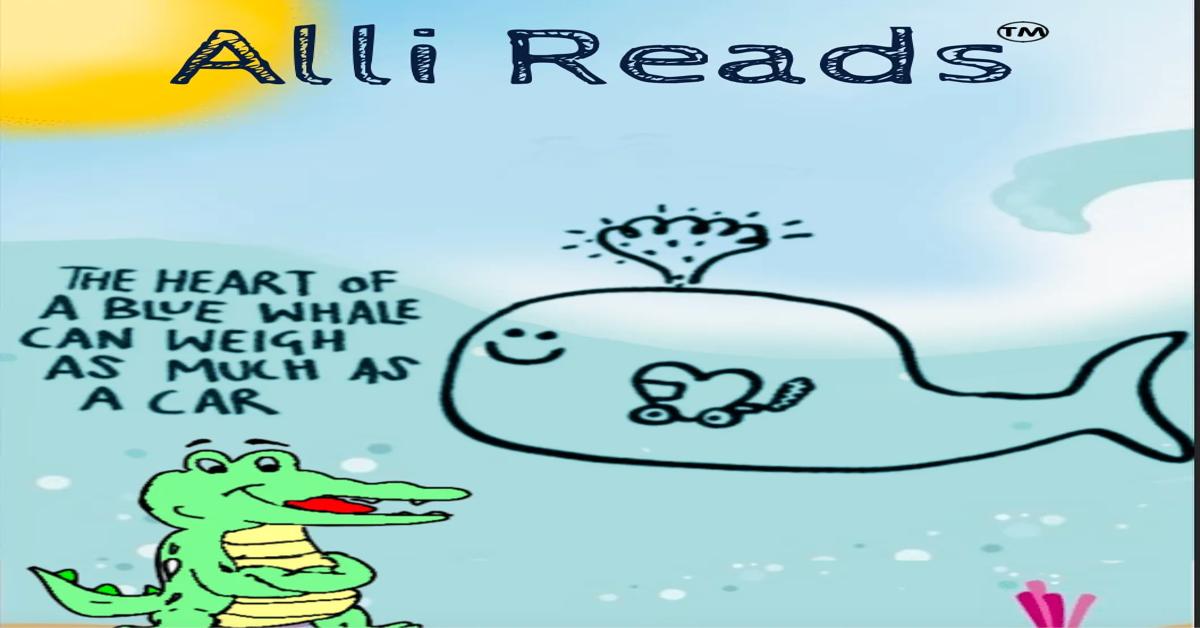Best Solar System Book For Kids: Make Learning About Space Fun and Easy
Introducing children to the wonders of space can be both exciting and educational. One of the best ways to spark their curiosity is through a Solar System Book For Kids. These books are specially designed to make complex topics simple, engaging, and enjoyable for young learners. Whether your child is just starting school or already fascinated by planets and stars, finding the right Solar System Book For Kids can make all the difference.
Why Every Child Needs a Solar System Book For Kids
A well-written Solar System Book For Kids does more than just provide facts. It fuels imagination, encourages questions, and lays the foundation for scientific thinking. Space is a fascinating subject for kids, and a good book can turn a simple interest into a lifelong passion for science and astronomy.
Children are naturally curious about the stars, the Moon, and distant planets. A Solar System Book For Kids offers colorful pictures, simple language, and fun facts that help children understand how the solar system works. These books introduce children to the Sun, planets, moons, asteroids, and even comets in a way that feels like an adventure.
Features to Look for in a Solar System Book For Kids
Not all books are created equal. Choosing the right Solar System Book For Kids means looking for certain key features that ensure the book is both educational and fun.
Engaging Illustrations
A great Solar System Book For Kids is full of bright, colorful illustrations. These pictures help explain scientific concepts in a way that words alone cannot. Whether it’s showing the rings of Saturn or the red surface of Mars, good illustrations capture the imagination.
Simple and Clear Language
The language in a Solar System Book For Kids should be age-appropriate. The best books explain scientific terms in a way kids can easily understand. Look for books that use simple sentences and avoid technical jargon.
Fun Facts and Space Trivia
Kids love interesting tidbits. A Solar System Book For Kids with space trivia, fun facts, and even jokes about space can make learning much more enjoyable. For example, did you know that a day on Venus is longer than its year? Books that include these facts make kids want to read more.
Interactive Elements
Some of the best Solar System Book For Kids include activities like quizzes, puzzles, or space-themed coloring pages. These interactive features help children remember what they learn and keep them engaged for longer.
Age-Appropriate Content
When choosing a Solar System Book For Kids, always consider the recommended age group. Books for toddlers will focus on colors and shapes, while books for older kids might explain gravity, planetary orbits, and space missions.
Popular Types of Solar System Book For Kids
There are different types of Solar System Book For Kids depending on your child’s interests and reading level.
Picture Books for Young Learners
For toddlers and preschoolers, a Solar System Book For Kids with big pictures and minimal text works best. These books introduce the names of planets and basic concepts like day and night.
Early Readers for Beginners
Children who are starting to read on their own will enjoy a Solar System Book For Kids with simple sentences and easy words. These books build vocabulary while teaching about space.
Fact-Filled Books for Curious Minds
For older kids, look for a Solar System Book For Kids filled with facts, diagrams, and real space photos. These books go deeper into topics like planetary sizes, distances, and space missions.
Activity-Based Books
Some Solar System Book For Kids come with stickers, games, and coloring pages. These books are perfect for hands-on learners who enjoy activities while learning.
Educational Benefits of a Solar System Book For Kids
A Solar System Book For Kids does more than just entertain. It helps children in several important ways:
Builds Vocabulary
Learning about the solar system introduces new words like orbit, asteroid, comet, and galaxy. A good Solar System Book For Kids explains these terms in simple language.
Encourages Scientific Thinking
Reading a Solar System Book For Kids encourages children to ask questions like “Why does the Moon change shape?” or “How do rockets reach space?” This curiosity leads to better problem-solving and critical thinking skills.
Improves Concentration and Focus
With engaging content, a Solar System Book For Kids helps improve attention span. Kids stay focused while exploring planets, stars, and space missions.
Sparks Imagination
A well-written Solar System Book For Kids allows children to imagine traveling to Mars, walking on the Moon, or discovering a new planet. This imaginative play can inspire creative writing, drawing, or even role-playing.
Supports School Learning
If your child is learning about space in school, a Solar System Book For Kids can reinforce classroom lessons. It provides extra knowledge and helps with homework projects.
Top Tips for Using a Solar System Book For Kids at Home
Making the most out of your Solar System Book For Kids means more than just reading. Here are a few fun ways to extend the learning:
Create a Space Corner
Set up a small reading corner at home with your Solar System Book For Kids, posters of planets, and space-themed toys.
Organize a Space Quiz Night
After reading, ask your child questions from the Solar System Book For Kids. Make it a fun family game with small prizes for correct answers.
Make a Planet Model
Use information from the Solar System Book For Kids to create a solar system model with craft supplies. Let your child paint each planet according to the pictures in the book.
Story Time with Sound Effects
While reading the Solar System Book For Kids, add space sounds like rocket launches or alien voices to make the story time more fun.
Plan a Stargazing Night
After reading about stars and planets, take your child outside at night with a telescope or binoculars. Help them spot constellations and planets they read about in their Solar System Book For Kids.
How a Solar System Book For Kids Supports Different Learning Styles
Every child learns differently, and a good Solar System Book For Kids supports various learning styles:
-
Visual Learners: Enjoy the pictures, diagrams, and colors.
-
Auditory Learners: Love listening to the book being read aloud.
-
Kinesthetic Learners: Benefit from interactive activities included in the book.
Recommended Reading Time for a Solar System Book For Kids
Spending just 15-20 minutes a day with a Solar System Book For Kids can make a huge difference. Short, regular reading sessions help children absorb information better than long, tiring sessions.
Bedtime is also a great time for reading a Solar System Book For Kids. The calming effect of reading about stars and planets can help children relax and fall asleep with happy thoughts about space.
Building a Small Library of Solar System Book For Kids
If your child shows a growing interest in space, consider building a small collection of Solar System Book For Kids. Include a variety of books:
-
Picture books for quick reads
-
Fact books for detailed knowledge
-
Activity books for fun learning
-
Storybooks about space adventures
Having more than one Solar System Book For Kids ensures your child stays interested and gets a well-rounded understanding of space.
Final Thoughts: Choosing the Best Solar System Book For Kids
Picking the right Solar System Book For Kids is a small but powerful step in developing your child’s interest in science and space. Whether you are buying a gift, helping with schoolwork, or just looking for something fun to read together, a Solar System Book For Kids offers both education and entertainment.
Look for books with colorful pictures, simple language, fun facts, and interactive features. Encourage your child to ask questions and explore further. With the right Solar System Book For Kids, you are not just teaching facts—you are inspiring the next generation of scientists, astronauts, and space explorers.
So, bring home a Solar System Book For Kids today and let your child’s space adventure begin!







